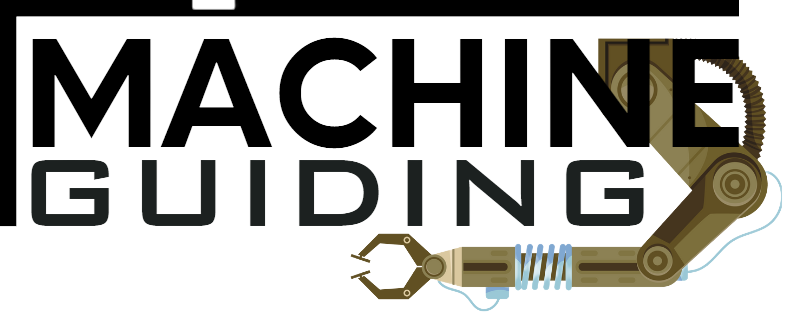Artificial Intelligence (AI) has become an increasingly integral part of our lives, revolutionizing various industries and reshaping how we live and work. However, as AI systems become more progressive and ubiquitous, it raises profound ethical questions and concerns. Let’s explore the ethical implications of artificial Intelligence. We’ll accept a closer look at the benefits and drawbacks of its widespread use.
The Promise and Implications of Artificial Intelligence
Artificial Intelligence holds great promise for society. It has the potential to enhance efficiency, improve decision-making, and solve complex problems across numerous domains. AI-powered technologies can assist in healthcare, education, transportation, and environmental sustainability, among other areas. One instance where AI can greatly benefit society is using diagnostic systems. By utilizing AI, medical diagnoses can become more accurate and efficient, ultimately leading to more successful treatments and saved lives. However, these advancements have ethical considerations that must be addressed to ensure AI is developed and deployed responsibly.
Bias and Discrimination
Implications of Artificial Intelligence, one of the significant concerns with AI is the perpetuation of bias and discrimination. AI algorithms learn from vast amounts of data, and if the data used for training contain inherent biases, the algorithms can perpetuate and amplify them. It can lead to discriminatory hiring, lending, and criminal justice outcomes. Ensuring that AI systems are created to be fair, transparent, and accountable, with mechanisms to detect and mitigate bias, is critical. Another Ethical implication of Artificial Intelligence is the potential for widespread job displacement and how to address this issue.
Privacy and Security
The increasing collection and exploration of personal data by AI systems raise concerns about privacy and security. AI algorithms often require access to vast amounts of personal information to make accurate predictions and recommendations. It is crucial to prioritize safeguarding individuals’ privacy and preventing unauthorized access to sensitive data. Transparent data usage policies, robust encryption measures, and stringent data protection regulations can help address these concerns. The ethical implications of Artificial Intelligence are complex and multifaceted and require careful consideration and ongoing discussion to ensure that AI is developed and used safely, fairly, and responsibly.
Automation and Job Displacement
AI’s automation capabilities could disrupt the labor market and lead to job displacement. While AI can streamline processes and increase productivity, it also introduces questions about the impact on employment. Implications of Artificial Intelligence as AI systems become more advanced, certain jobs may become obsolete, requiring individuals to acquire new skills or transition into different roles. Ensuring adequate retraining programs and social safety nets will be crucial to mitigating the negative consequences of job displacement. The ethical implications of Artificial Intelligence extend beyond just the technology itself but also how it is designed and implemented.
Autonomous systems like self-driving cars, and autonomous weapons pose a challenging ethical problem. Who should be held reliable when an AI system makes a harmful decision or causes harm? Ensuring accountability and establishing legal frameworks to govern these technologies is paramount. It requires defining clear guidelines, establishing ethical standards, and determining liability in case of accidents or malfunctions. The ethical implications of artificial Intelligence also include concerns about the effect on mental health and well-being.
Human Agency and Decision-Making
As AI systems become more sophisticated, they may challenge the concept of human agency and decision-making. The ability of AI to process vast amounts of data and make predictions raises questions about the extent to which humans should rely on AI for decision-making. Striking the right balance between human judgment and AI assistance is crucial to ensure that decisions align with human values and avoid abdicating critical choices to machines. As an assembly, it is up to us to navigate the ethical implications of Artificial Intelligence and ensure its benefits are balanced with its potential risks.
Conclusion
Artificial Intelligence undoubtedly holds immense potential for positive change, but it also brings forth significant ethical considerations that must be carefully addressed. To fully realize the benefits of AI while minimizing its risks, we need a multidisciplinary approach involving technologists, ethicists, policymakers, and society at large. Striving for transparency, accountability, and fairness in AI development and deployment will be essential to navigate the complex landscape of the ethical implications of artificial Intelligence. By addressing these concerns, we can only harness AI’s transformative power for humanity’s betterment while upholding our core values and principles.















